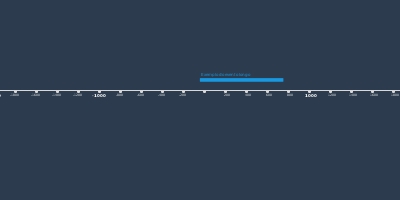Mercantilismo (1 янв 1401 г. – 31 дек 1799 г.)
Описание:
Mercantilism is a national economic policy that is designed to maximize the exports of a nation. Mercantilism was dominant in modernized parts of Europe from the 16th to the 18th centuries[1] before falling into decline, although some commentators argue[2] that it is still practiced in the economies of industrializing countries in the form of economic interventionism.[3]It promotes government regulation of a nation's economy for the purpose of augmenting state power at the expense of rival national powers. Mercantilism includes a national economic policy aimed at accumulating monetary reserves through a positive balance of trade, especially of finished goods. Historically, such policies frequently led to war and also motivated colonial expansion.[4]
Mercantilist theory varies in sophistication from one writer to another and has evolved over time. High tariffs, especially on manufactured goods, were an almost universal feature of mercantilist policy.[5] These policies aim to reduce a possible current account deficit or reach a current account surplus.
With the efforts of supranational organizations such as the World Trade Organization to reduce tariffs globally, non-tariff barriers to trade have assumed a greater importance in neomercantilism.
Добавлено на ленту времени:
Дата:
1 янв 1401 г.
31 дек 1799 г.
~ 399 years
